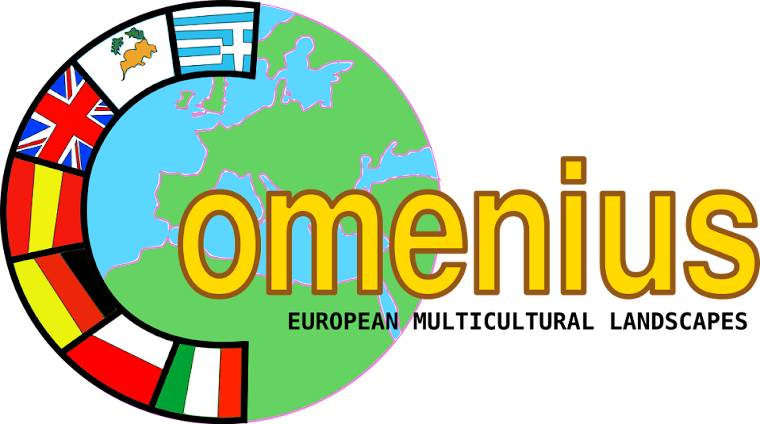From the
19th to the 24th of March 2012 we had the second mobility in our Project. This
time a group of six students and two teachers from our school spent five days
in Rieti, Italy. There, teachers and students
from all the countries involved in the project shared experiences, carried our
common activities, went sightseeing, practised English and planned future
events.
After the trip, we asked our students to write their diaries of their stay in Rieti (Italy). You can read some of them if you visit our twinspace: Click in the section Local Landmarks and then Pupil's work

